Focal area: Research
-
Productive uses of energy and gender in the street food sector in Rwanda, Senegal and South Africa
This research is focussed on the gendered use of energy in the street food sector in Rwanda, Senegal and South Africa. We explore the links between use of modern energy services (MESs) and empowerment of men and women in the street food sector. Since the causality of clean and renewable energy development and gender equality…
-
Women’s empowerment and electricity access: How do grid and off-grid systems enhance or restrict gender equality?
-

Webinar: Women’s empowerment through access to modern energy
Time: Wednesday, 27 December 2018, 2:00 P.M. IST Registration: To register for this webinar please go to this link. The EFEWEE Team invites you to join the research webinar titled, “Women’s empowerment through access to modern energy: Evidence from India and Nepal”, on 27th December 2018 at 2:00 P.M. IST. This webinar is organised as part…
-
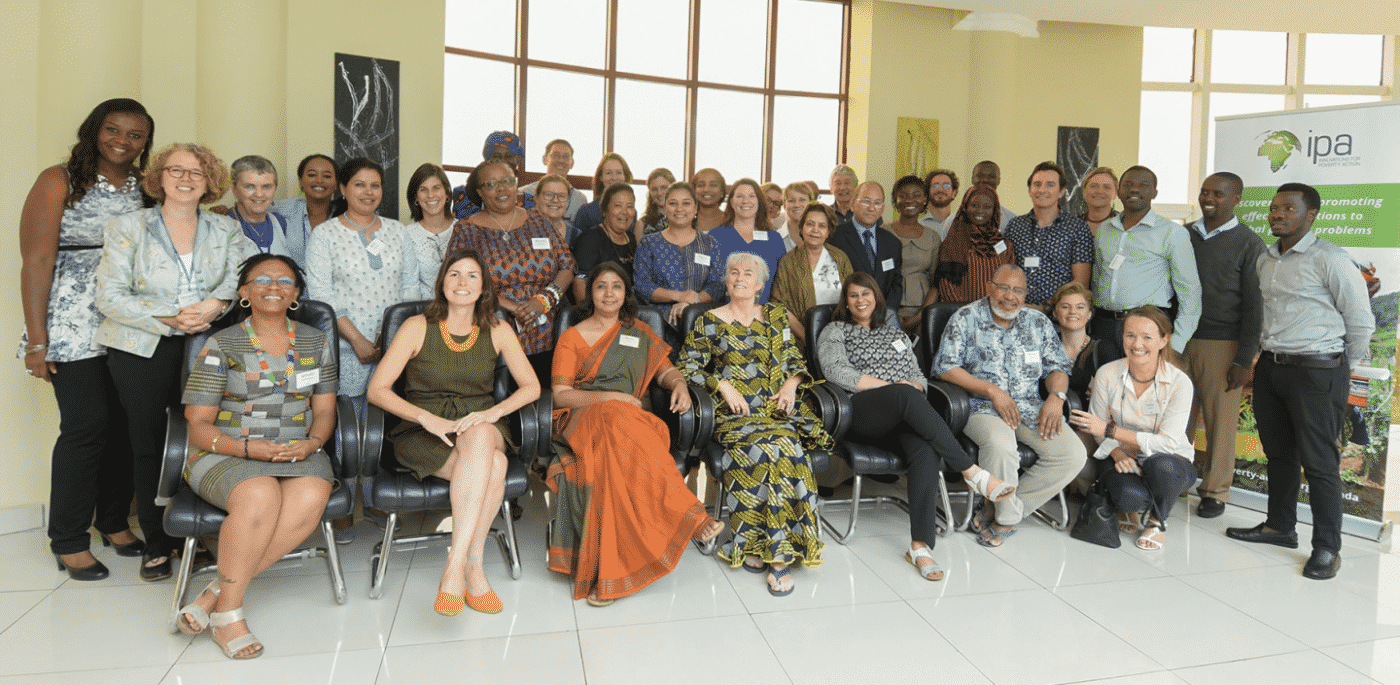
Women-led enterprises in the energy sector: Findings and recommendations from ENERGIA meeting in Rwanda
Currently, nearly 2.7 billion people still lack access to clean cooking facilities and 1 billion people live without access to electricity. Closing this gap and achieving the Sustainable Development Goals (SDGs) is one of the major challenges of our times, and it requires efforts from public and private sector to create an enabling environment…
-
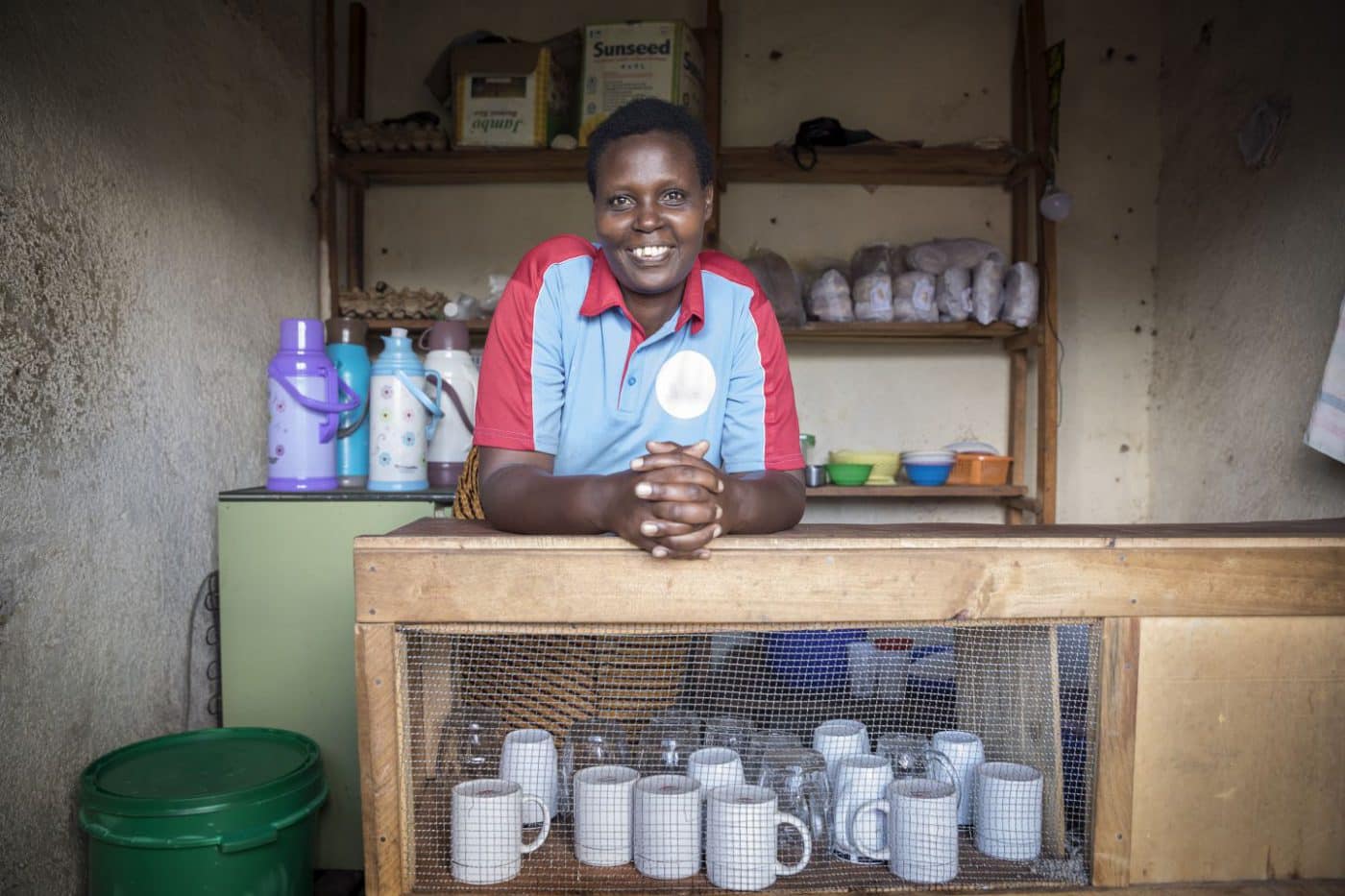
Research projects receive Best Paper Awards at Diana International Entrepreneurship Research Conference
Bangkok, August 2, 2018 — We proudly announce that two projects from our Research Programme have been awarded at the Diana International Entrepreneurship Research Conference, held in Bangkok, July 31 – August 2, 2018. Research Project 2 and Research Project 7 teams were awarded the Best Junior Paper Award and the Best Conceptual Paper Award respectively. Research Project 2 on…
-
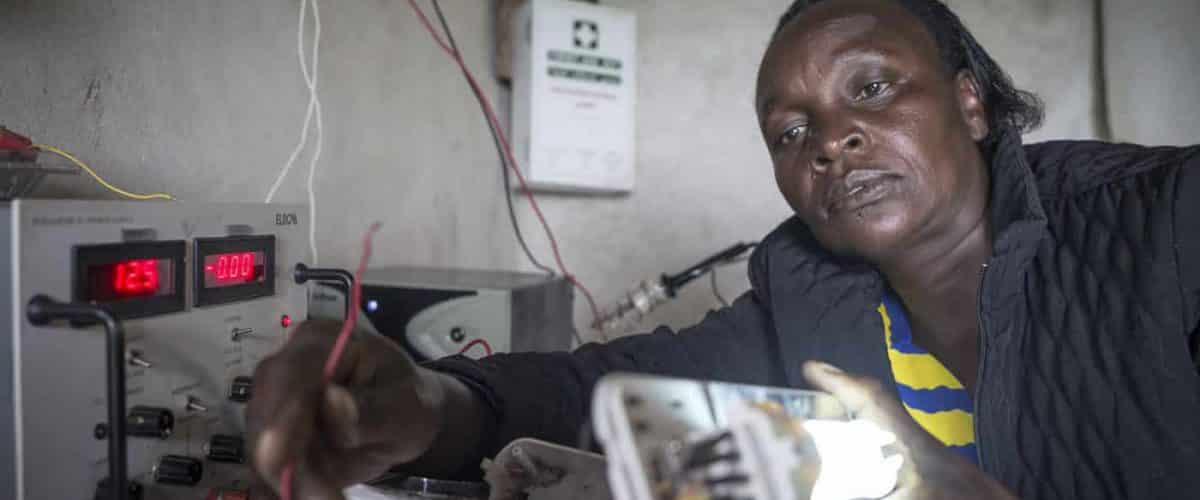
HLPF side-event: Can gender-sensitive approaches serve the aims of energy access for all?
NEW YORK, July 9, 2018 – ENERGIA presented the preliminary findings of the Gender and Energy Research Programme at the High-Level Political Forum. The High-Level Political Forum (HLPF), which will run for two weeks until July, 18 at the UN Headquarters in New York, brings together policy makers, government leaders and stakeholders under the…
-
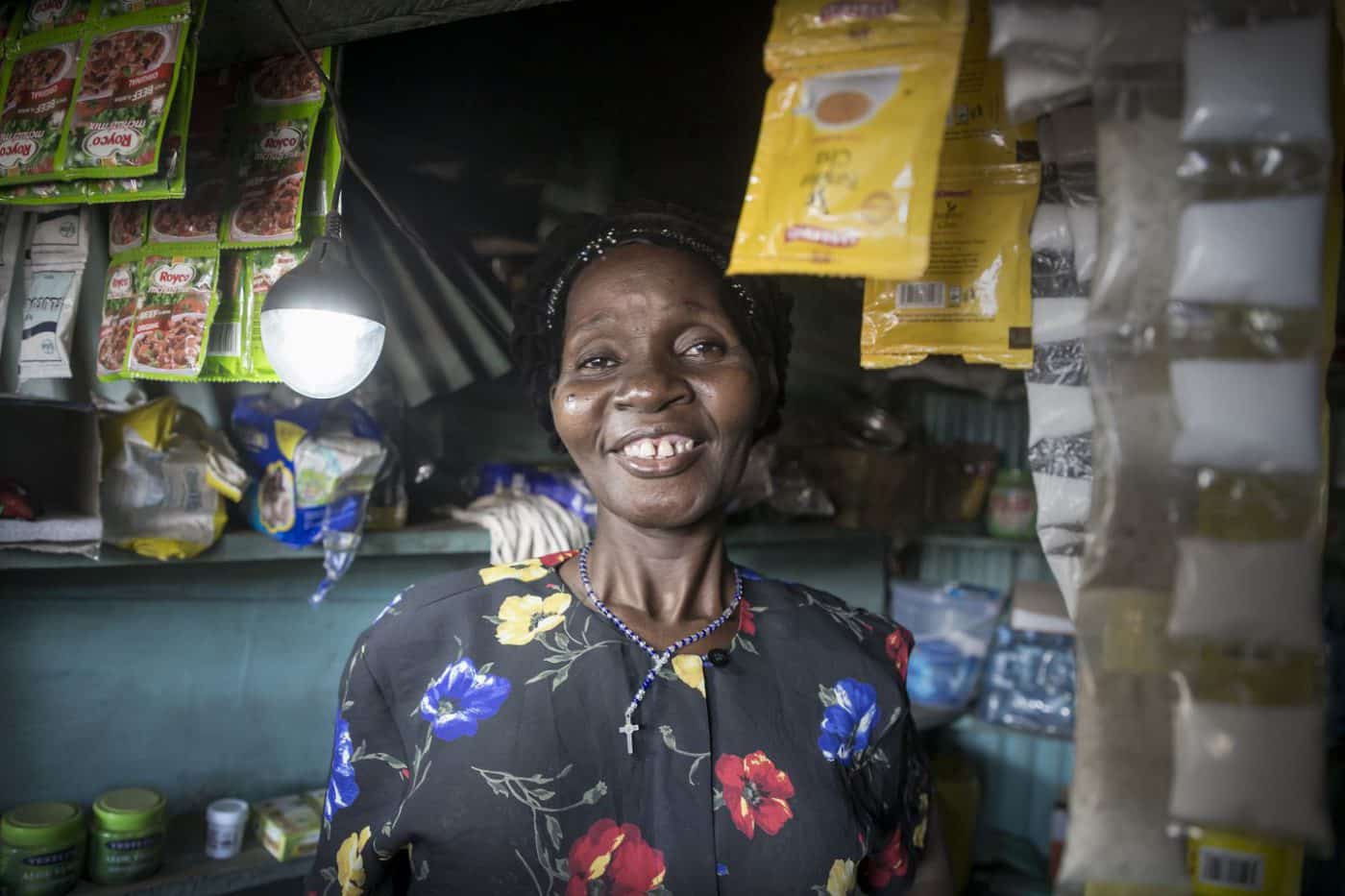
Webinars on the Gender and Energy Research Programme – 25 and 27 June
ENERGIA, International Network on Gender and Sustainable Energy, will present evidence from its Gender and Energy Research Programme in the upcoming two webinars on 25 June (10:30am – 12:00pm CEST) and 27 June (2:30pm – 4:00pm CEST). Access to sustainable energy can transform the lives of women and men in multiple but different ways…
-
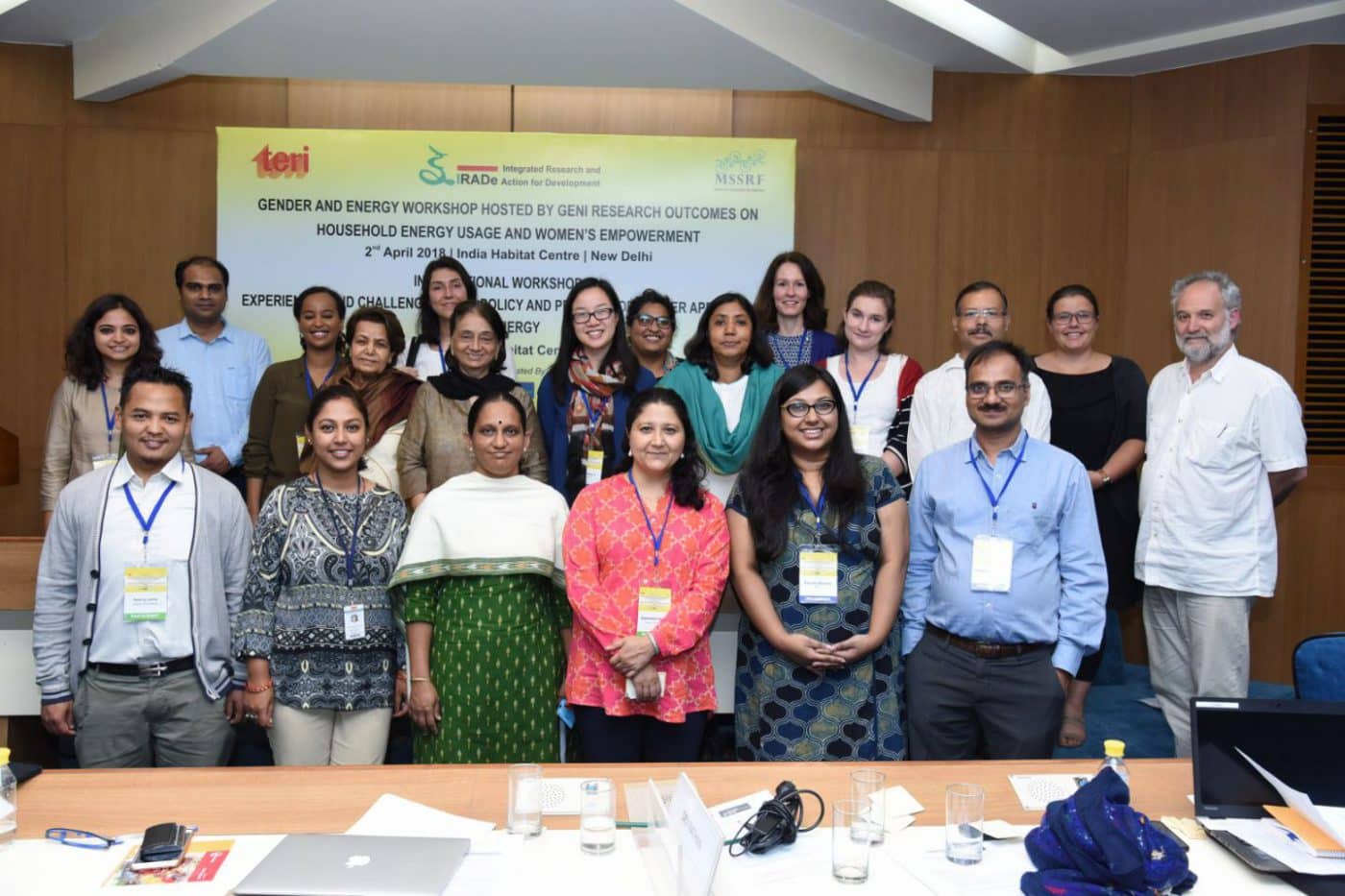
How taking a gender perspective contributes to increased energy access – ENERGIA and LCEDN workshop
Meeting the Sustainable Development Goal to provide sustainable energy for all by 2030 and creating a gender-inclusive environment in the energy sector will require urgent action of energy practitioners, NGOs, finance institutions, and policy-makers. The ENERGIA and LCEDN workshop in Delhi on April, 3 brought together international researchers, policy-makers and practitioners to look at the…
-
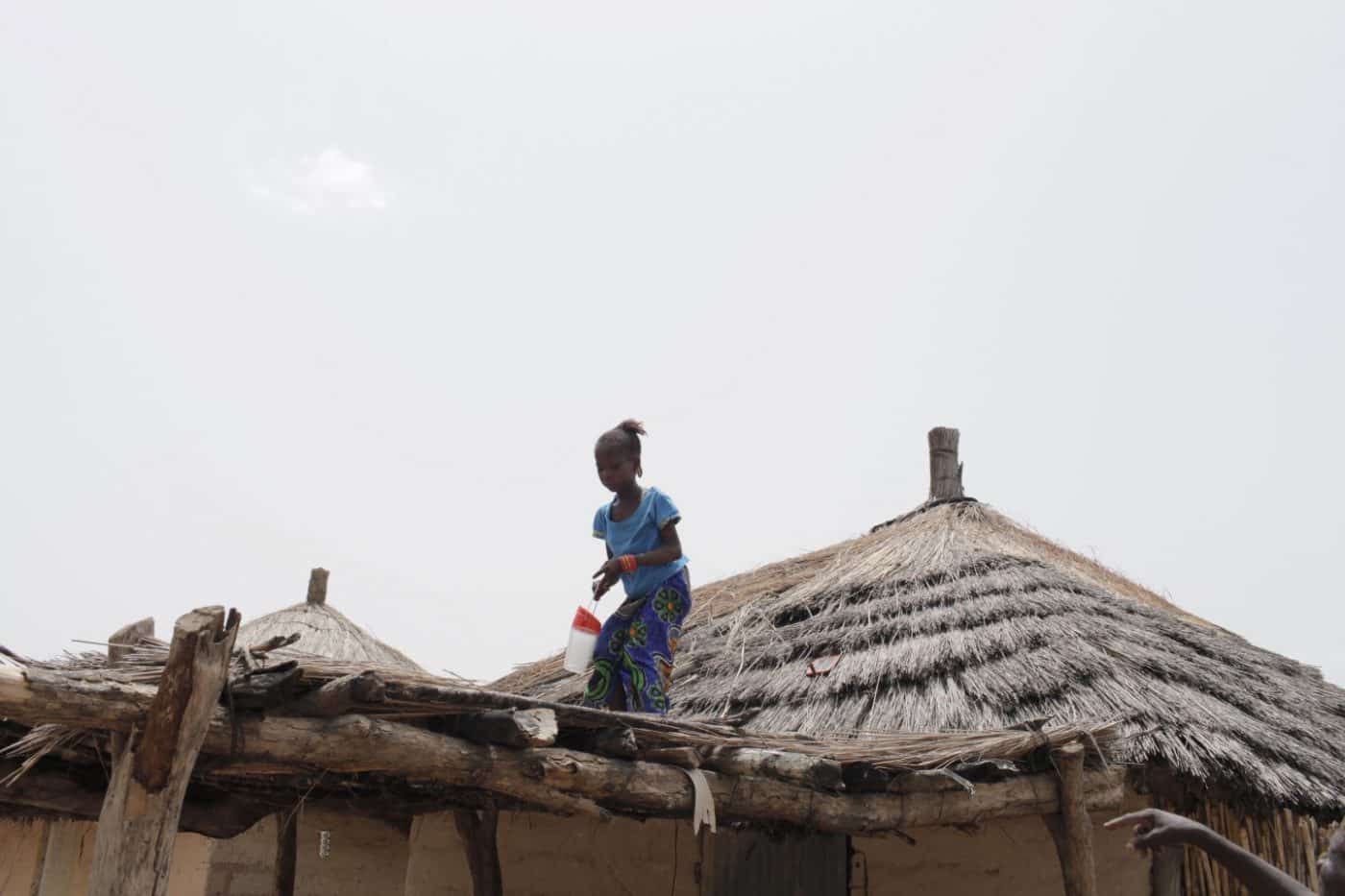
New report – Equity, Energy and Economic Empowerment: 6 Global Trends Critical to Closing Gender-Related Energy Access Gaps
Lisbon, Portugal – A new study released today at the Sustainable Energy for All Forum examines the implications of global trends for energy access, gender equality, and social inclusion. The report, “Levers of Change: How Global Trends Impact Gender Equality and Social Inclusion in Access to Sustainable Energy,” looks at key emerging issues – such…
-
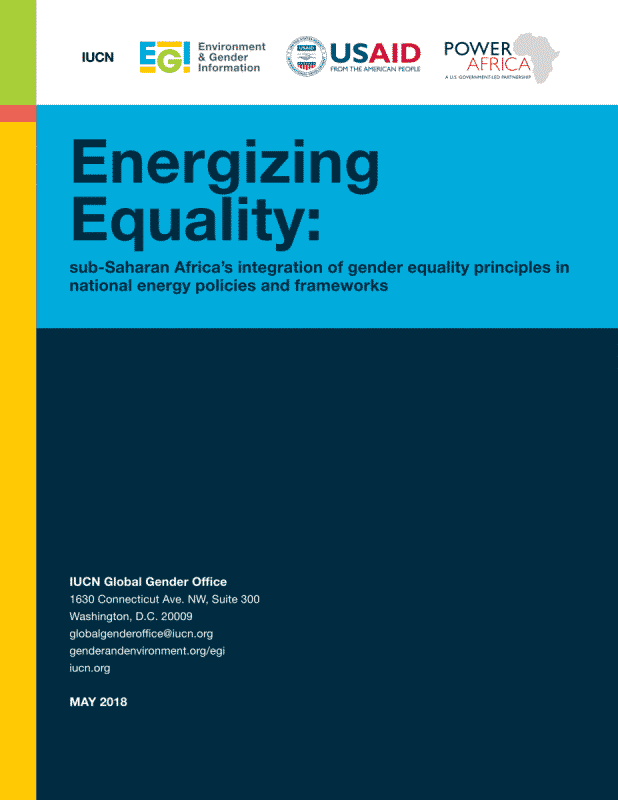
Energizing Equality: sub-Saharan Africa’s integration of gender equality principles in national energy policies and frameworks
-
Levers of change: How global trends impact gender equality and social inclusion in access to sustainable energy
The report, Levers of Change: How Global Trends Impact Gender Equality and Social Inclusion in Access to Sustainable Energy, provides powerful evidence of how women are often not given an equal chance to take advantage of some of the key trends. For example, while solar off-grid and mini-grid systems are often the lowest-cost option for…
-
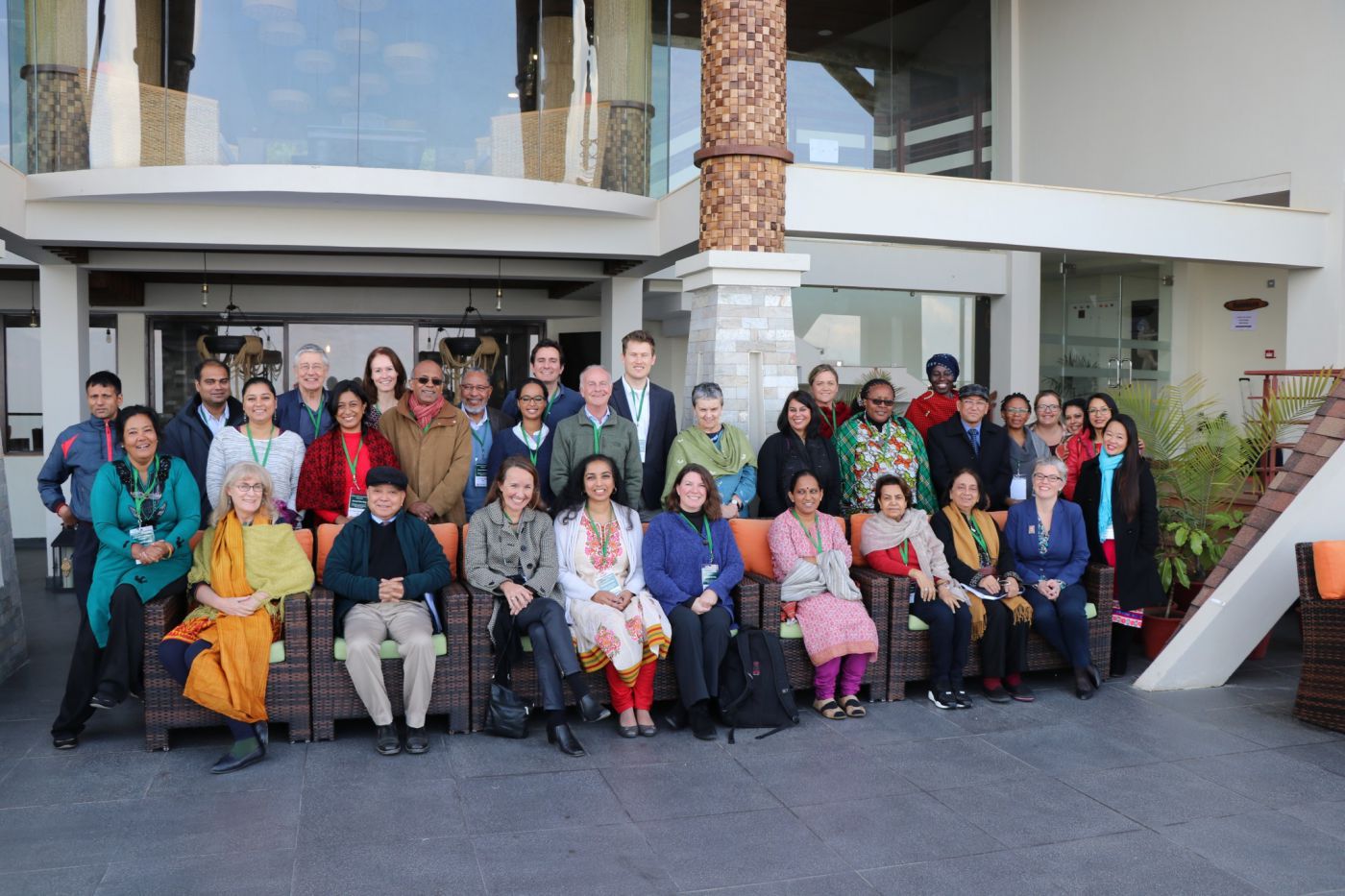
Researching for Greater Energy Equality: Highlights from research workshop and annual ENERGIA and partners’ programme meeting
By Melissa Ruggles and Shukri Abdulkadir, ENERGIA At the end of November ENERGIA and its research partners all gathered together thousand metres above sea level in Nepal for a workshop hosted by CRT-Nepal and the M.S. Swaminathan Research Foundation (MSSRF) on Research Area 3 (RA3): The Political Economy of Energy Sector Dynamics on 27 November…

